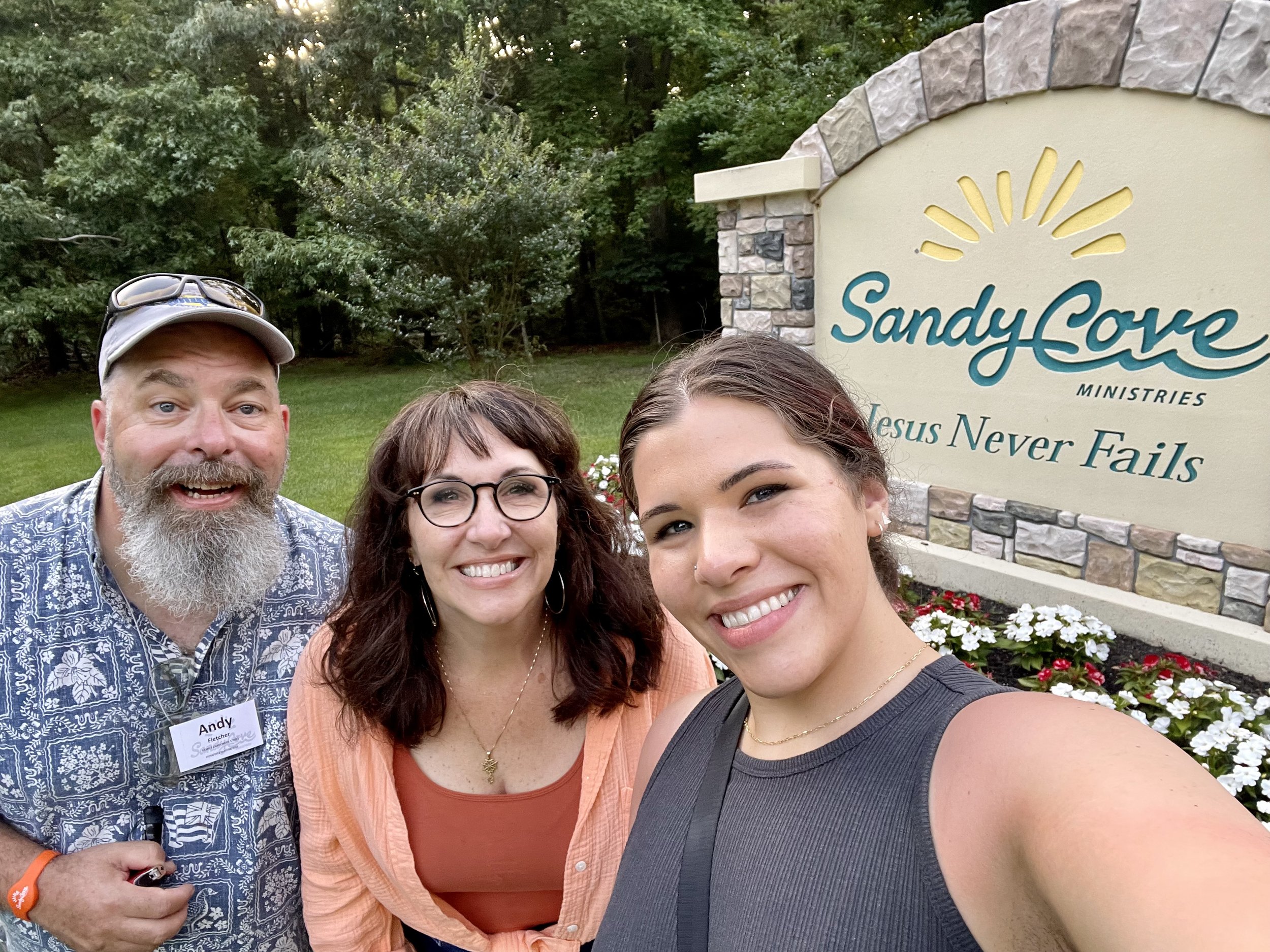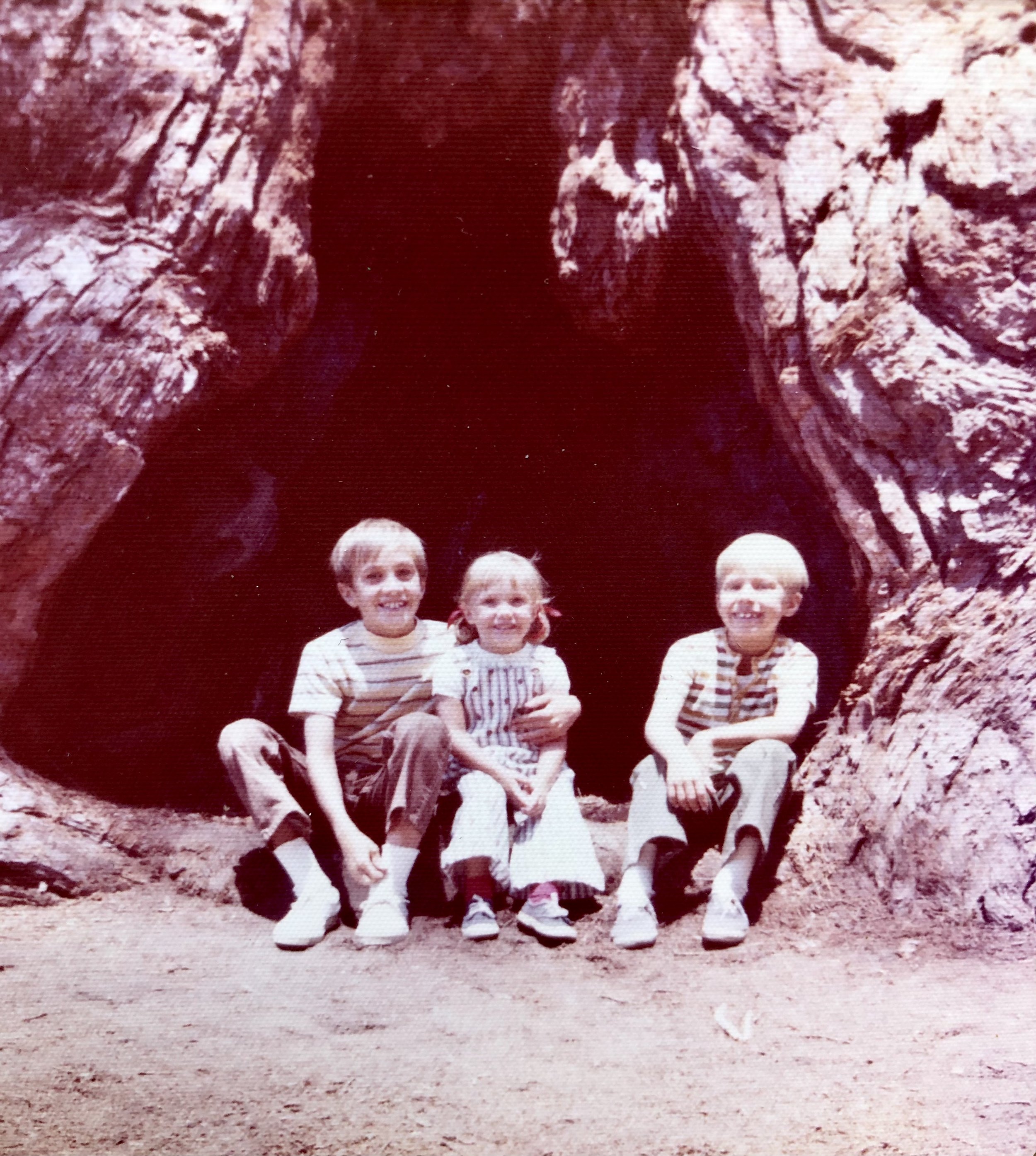My favorite Bible teacher said something recently that made me pop an earbud out and press pause.
How dare he. I mean, here we were swimming along through the book he’s currently teaching, and all of the sudden he decides to voice his political opinion, which just so happens not to coincide with my own.
This man is highly educated. He’s been my favorite Bible teacher from way back when I’d catch his broadcast in college. And I’m old, so he’s more old. Older than I am. And far, far wiser.
But that thing he said . . . What was I going to do with that? How could I still trust his wisdom and perspective, his knowledge of Greek and Hebrew, and his experience as a follower of Christ over decades of his life? We weren’t going to see eye-to-eye on this one pretty important point.
Gratefully, I’m older and wiser now, too. There’s a lot of room for spiritual growth in my life yet, but I’m midway through an American life expectancy and I’m beginning to see where God has done some pretty impressive work, in spite of my undersized efforts. In the past, I’ve walked away from people and communities who aren’t “like-minded” (read: we think the same about everything theological, ideological, and pedagogical), believing that they had nothing for me and I was squandering my superiority on them. I’m not going to spit-shine and polish that last sentence to make myself seem less terrible than I really have been. I really was that terrible.
But this time when my Bible teacher guy said that thing that made me stop the podcast to argue with him out loud in my kitchen where he would never hear me anyway, I realized pretty quickly that I had been given a gift. My tendency has been to identify teachers and leaders who confirm my own biases and take up my cross to follow them. That’s ended not just once in disaster.
This time, my heart was softer. This time, I could smile and acknowledge that we were just going to have to agree to disagree. This time, I was actually grateful that we didn’t agree because in that one statement my eyes were thrust back upon Jesus and not on the guy saying the thing.
And the next day, I pulled that podcast up again and pushed play. As I’ve said here on repeat, it really is just all about Jesus, and Jesus didn’t come for my political opinions.













